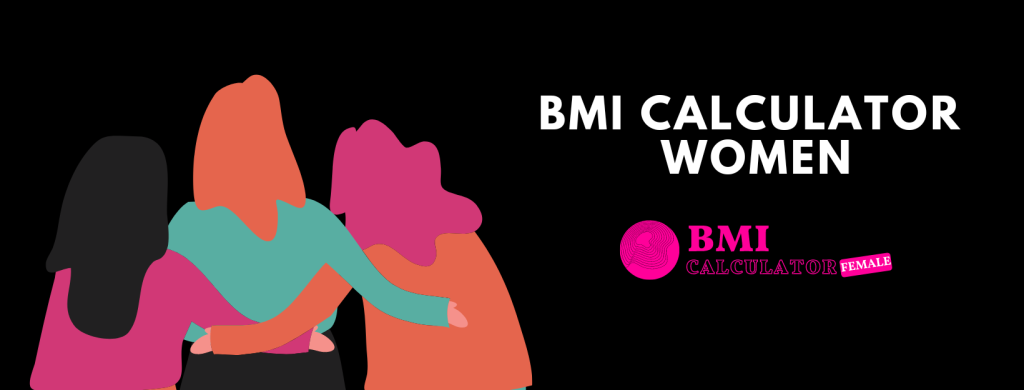Discover the Natural Transition of Menopause Age: Understanding the Average Age, Symptoms, and Coping Strategies – Your Comprehensive Guide to Navigating Menopause Gracefully.
Menopause, often referred to as “the change of life,” is a significant and natural phase in a woman’s life. It marks the end of her reproductive years and is accompanied by various physical and emotional changes. One of the most commonly asked questions about menopause is, “At what age does it occur?” In this article, we’ll explore menopause age, its symptoms, and the ways women can embrace this transformative period in their lives.
The Average Age of Menopause
The average age of menopause in most women is between 45 and 55 years old. However, it’s important to note that menopause can occur earlier or later, depending on various factors, including genetics, lifestyle, and overall health.
Perimenopause: The Prelude to Menopause
Before reaching menopause, women often experience a transitional phase known as perimenopause. This phase can start in a woman’s 40s or even earlier, and it may last for several years. During perimenopause, hormonal fluctuations can lead to irregular periods, mood swings, and a variety of physical symptoms such as hot flashes and night sweats.
The Age Spectrum of Menopause
Early Menopause: Some women may experience menopause in their early 40s or even late 30s. This is considered early menopause and can be attributed to factors like genetics, medical conditions, or surgical interventions (such as a hysterectomy).
Average Menopause Age: As mentioned earlier, most women go through menopause between 45 and 55. This is a natural part of the aging process of body.
Late Menopause: On the other hand, some women may not reach menopause until their late 50s or early 60s. Late menopause can also be influenced by genetic factors and overall health.
Factors Influencing Menopause Age
Genetics: Family history plays a significant role in determining the age at which a woman enters menopause. If your mother or grandmother experienced early or late menopause, there’s a likelihood you may follow a similar pattern.
Lifestyle: Certain lifestyle factors, such as smoking and excessive alcohol consumption, can lead to earlier menopause. Conversely, a healthy lifestyle with a balanced diet and regular exercise can delay menopause.
Medical Conditions: Certain medical conditions and treatments, like chemotherapy and radiation therapy, can induce early menopause. Conversely, some medical interventions may delay it.
Embracing Menopause
While menopause may bring about physical and emotional challenges, it’s also a time of self-discovery and empowerment. Here are some tips for navigating menopause gracefully:
Seek Support: Share your experiences with friends, family, or support groups. You’re not alone in this journey.
Healthy Lifestyle: Maintain a balanced diet, engage in regular exercise, and prioritize sleep to manage symptoms effectively.
Medical Consultation: Consult with a healthcare provider to discuss hormone therapy or other treatments to alleviate severe symptoms.
Self-Care: Embrace self-care practices, such as mindfulness, meditation, and relaxation techniques, to manage stress and anxiety.
Reinvent Yourself: Use this transitional phase as an opportunity for personal growth and exploration. Pursue new hobbies and interests.
Conclusion Menopause age
Menopause age varies from woman to woman, but it is a natural and inevitable phase of life. Rather than viewing it as an endpoint, it can be seen as a new beginning—a time for self-discovery, self-care, and personal growth. By understanding menopause and embracing it with a positive mindset, women can navigate this transformative journey with grace and confidence.
Table of Contents
Toggle

